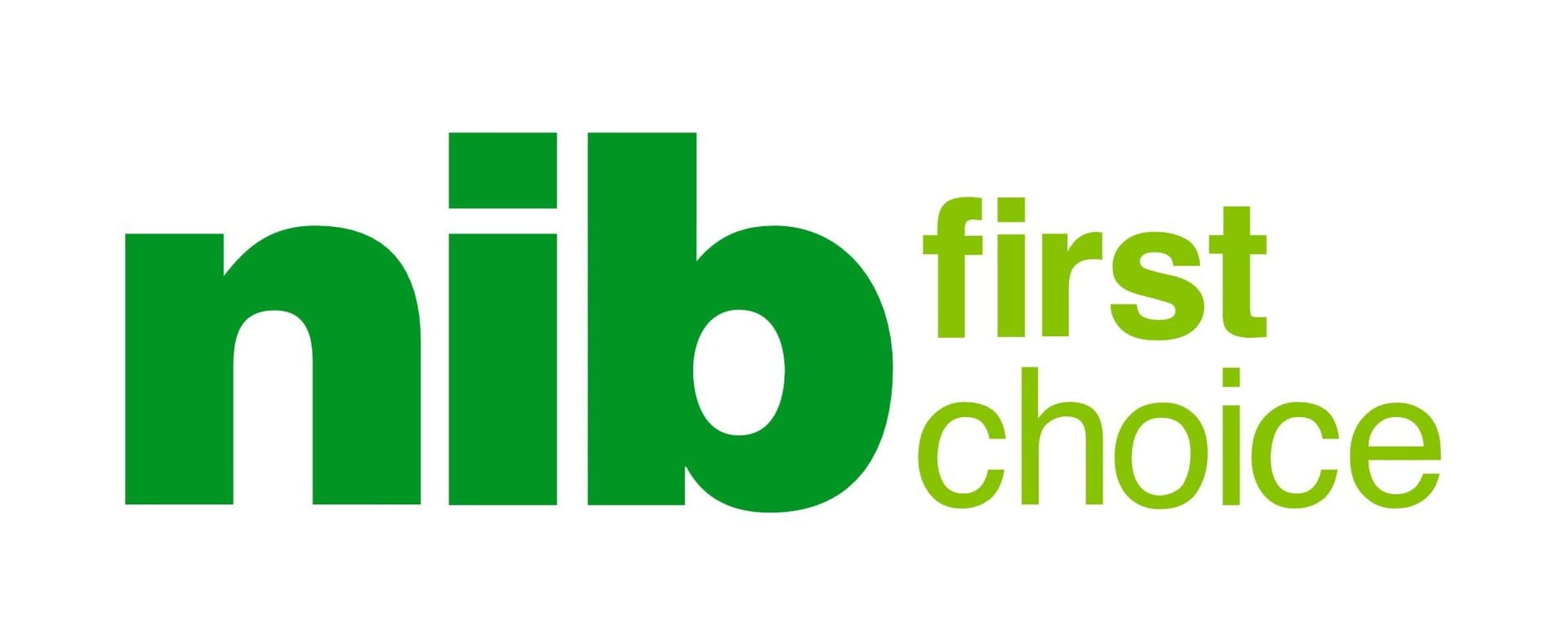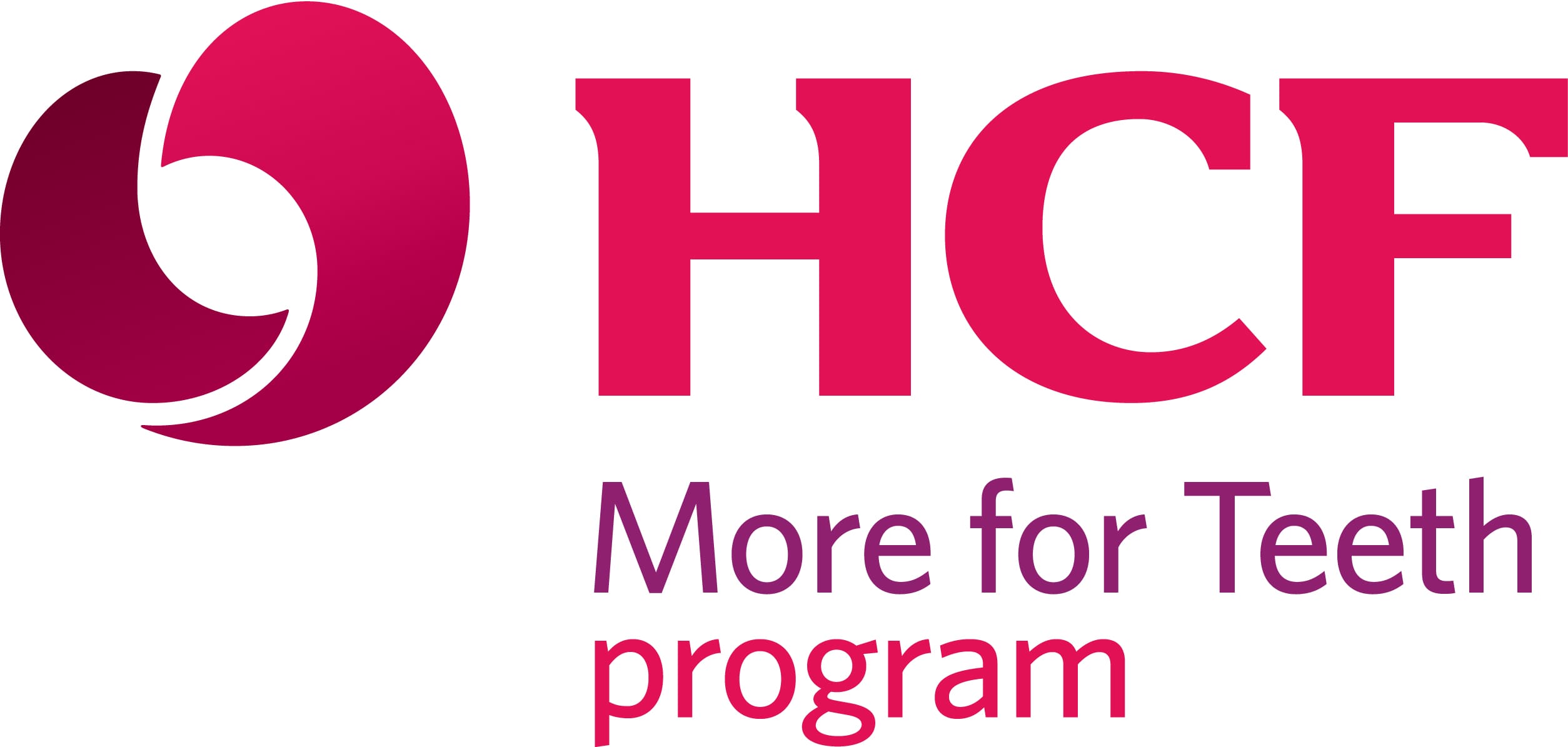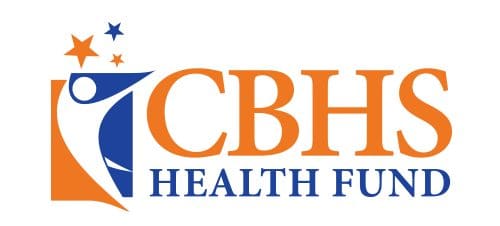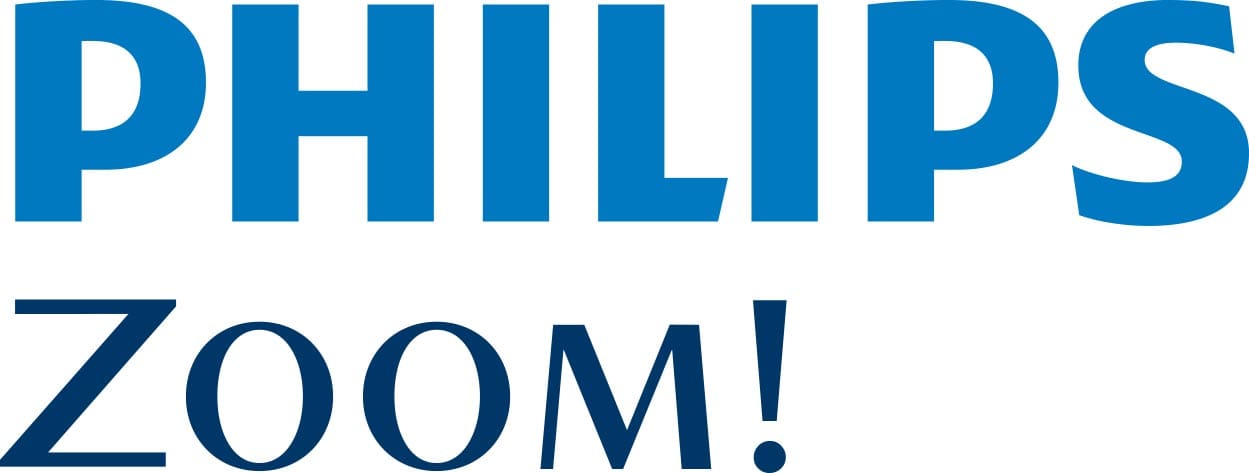Newton Dental & Implants acknowledges the Kaurna people, the Traditional Owners of the land and surrounding waters where we work. We acknowledge their deep connection to country and pay our respects to Elders past, present and emerging. This respect is extended to Aboriginal and Torres Strait Islander people across Australia.
© Copyright 2022 - 2024








